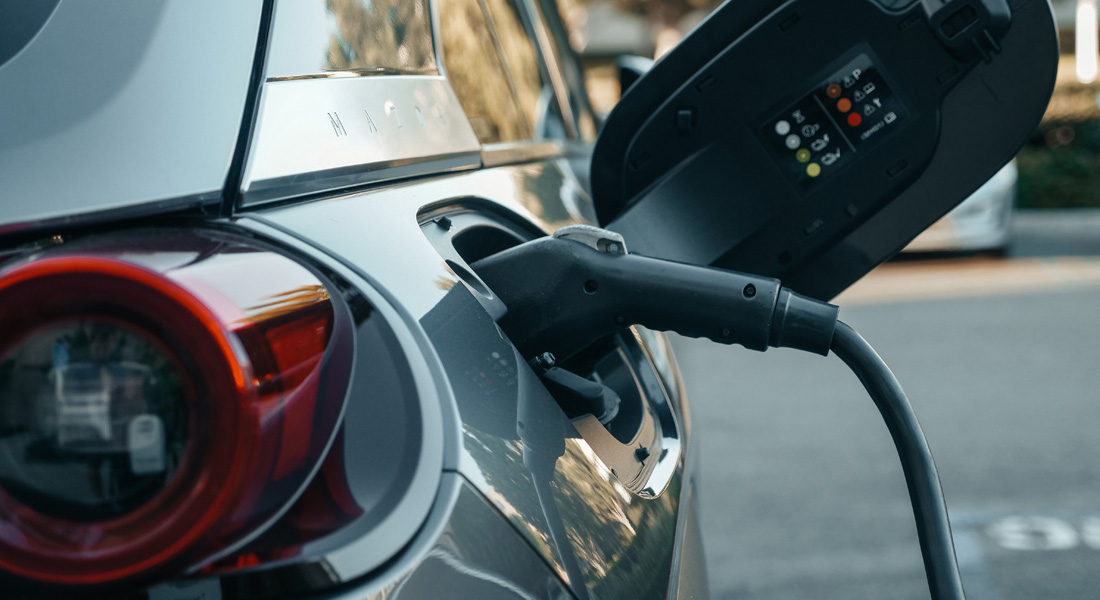Decarbonising the national grid isn’t anything new. The government has been working to reduce and replace carbon-emitting energy generation with renewables for some time.
And that’s led some business owners to ask:
“If the grid is aiming to be 100% renewable, isn’t that good enough for my net-zero plan?”
It’s a fair question, but would it work?
In short: No.
The UK Government aims to decarbonise the national grid by 2035, but it’s not enough to wait because it needs the use of fossil fuels to reach that goal.
The initial global lockdowns brought carbon emissions down as our energy demand reduced. But with the world opening back up in 2021, carbon emissions reached 36 billion metric tons worldwide.
And although figures have yet to be released, the National Grid is expected to announce a rise of carbon intensity across the UK network by as much as 20%.
It happened because renewable energy generation alone wasn’t enough to cope with demand.
Renewable energy isn’t quite as reliable as we need it to be at the moment, which means when there is a spike in demand, gas and coal are introduced to cope with that demand.
So, if it’s not enough to wait until 2035 for the grid to decarbonise, are electric vehicles the opportunity they seem to reduce carbon emissions dramatically?
One of the main culprits for CO2 emissions is cars, so switching to a fleet of electric company cars should cut carbon instantly, right?

Yes and no.
Electric cars are an excellent opportunity for business to reduce their carbon footprint, especially with the UK government looking to ban the sale of petrol and diesel vehicles by 2030 – but it won’t cut emissions completely.
Why?
Because the electricity needed to charge them comes from stations powered by fossil fuels. So, although you’ll cut emissions by not filling up with fuel, right now, you’ll ultimately still need to use fossil fuels to charge it.
And until we run on a 100% renewable energy grid, this is likely to be the case.
The National Grid is confident that the system will be fully decarbonised by 2035, but it will take a lot of effort to get there and times when fossil fuels will be needed as a stepping stop to reaching the end goal.
Put simply, you’ll be investing in your future success by decarbonising sooner rather than later. Not only will you never need to worry about falling foul of any new environmental legislation, you’ll increase your long term operational resiliency, be attractive to investors, future proof against the rising costs of energy, and be doing good for the planet. Which inevitably will have a positive impact on your reputation and potential for growth.
Yes.
In March and April 2022, there are several events taking place that business owners can attend where decarbonising will be one of the topics on the agenda.
These are:
Each will look at different aspects, but the topics covered will include Net-Zero and the decarbonisation of vehicles, boilers, heating and cooling systems – and much more.
Although fossil fuels have a part to play in managing current energy demand while reaching net-zero, your business still needs to act now. By reducing your footprint, you’re helping the UK take a step closer to achieving its Net-Zero target.
Working with Inteb can help you focus your business on what matters this year – decarbonising your organisation.
Our team of accredited Energy Assessors have helped countless organisations create and implement a Net-Zero strategy, which has given them a competitive advantage.
Let’s get the conversation started – call us now on 0151 601 3476 or email hello@weareinteb.co.uk